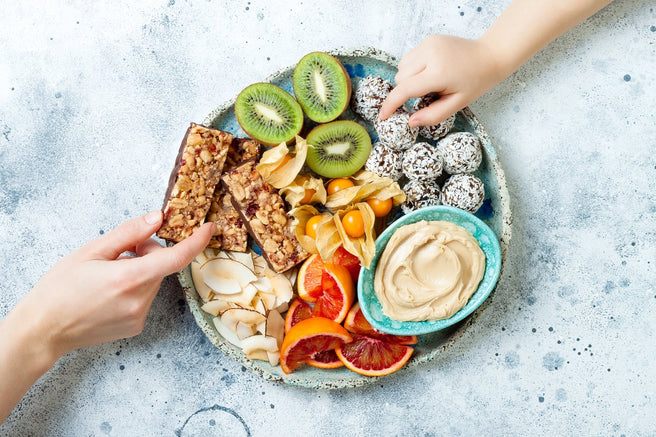
- Health advice
- Aug 06, 2012
Discovered many years ago, most likely by accident, Sauerkraut is believed to be one of the first superfoods known to mankind. Sauerkraut offers a substantial dose of probiotics and digestive enzymes among other vitamins that lower cholesterol, fight cancer, and promote good health. Yet, when it comes to natural superfoods, you must always verify the source.
What is Sauerkraut?
Wherever you travel in the world, it is common to see Sauerkraut as a side dish or topping of some sort. However, you may be unaware of what sauerkraut is or how it is made. Sauerkraut is essentially fermented cabbage. Many Asian cultures incorporate cabbage as an ingredient in their salads and stir-fries because it is rich in:
- Vitamin A
- Vitamin C
- Selenium
- Phytonutrients
- Antioxidants
Nevertheless, fermenting cabbage for 4 to 6 weeks makes it more digestible with even more health benefits, so Sauerkraut is definitely worth the wait!
Sauerkraut fermentation
In many ways, the process of fermenting cabbage is similar to yoghurt fermentation. With both processes, lactic acid bacteria digest sugar and lower the pH of the cabbage. This activity creates an ideal environment for good bacteria, commonly called probiotics, to live and thrive. Fermenting cabbage into Sauerkraut makes it healthier for many reasons. Naturally, raw cabbage contains goitrogens that can inhibit production of thyroid hormone and cause some serious imbalances within the body. But fortunately, depending upon how long the cabbage ferments, the fermentation process reduces or eliminates goitrogens completely. Additionally, when compared to regular cabbage, Sauerkraut is higher in vitamin C and B vitamins, including vitamin B12. Sauerkraut juice alone has proven to be an excellent remedy for treating gastrointestinal conditions as well as preventing the flu.
Some Sauerkraut history
Early production of Sauerkraut is accredited to China. Some people believe that either Qin Shi Huangdi, the first emperor to unify China, or Genghis Khan, the founder of the Mongol Empire, was the first individual to pickle cabbage. Either way, nautical journals confirm that sailors, explorers, and many other sea voyagers consumed Sauerkraut for centuries to prevent scurvy, a disease caused by Vitamin C deficiency. It is also believed that probiotics from the Sauerkraut protected their digestive systems from the unhealthy and uncomfortable conditions many sea travelers lived in for months or even years.
Some curious Sauerkraut stories
Many cultures believe that Sauerkraut, like other fermented vegetables, brings good fortune. The long threads of Sauerkraut symbolise long life, while the green cabbage symbolises money and fortune.
How to choose your Sauerkraut
Yes, Sauerkraut is usually available for purchase at the supermarket, but you must look closely at how the Sauerkraut was fermented and prepared. Some canned or bottled Sauerkrauts are pasteurised or treated with heat, which destroys the beneficial probiotics. Instead, you should purchase raw or unpasteurised Sauerkraut that has intact, living bacteria. It is also possible to make Sauerkraut at home. So ‘Ask a Naturopath’ about some reliable Sauerkraut sources or a recipe you can follow for yourself.




